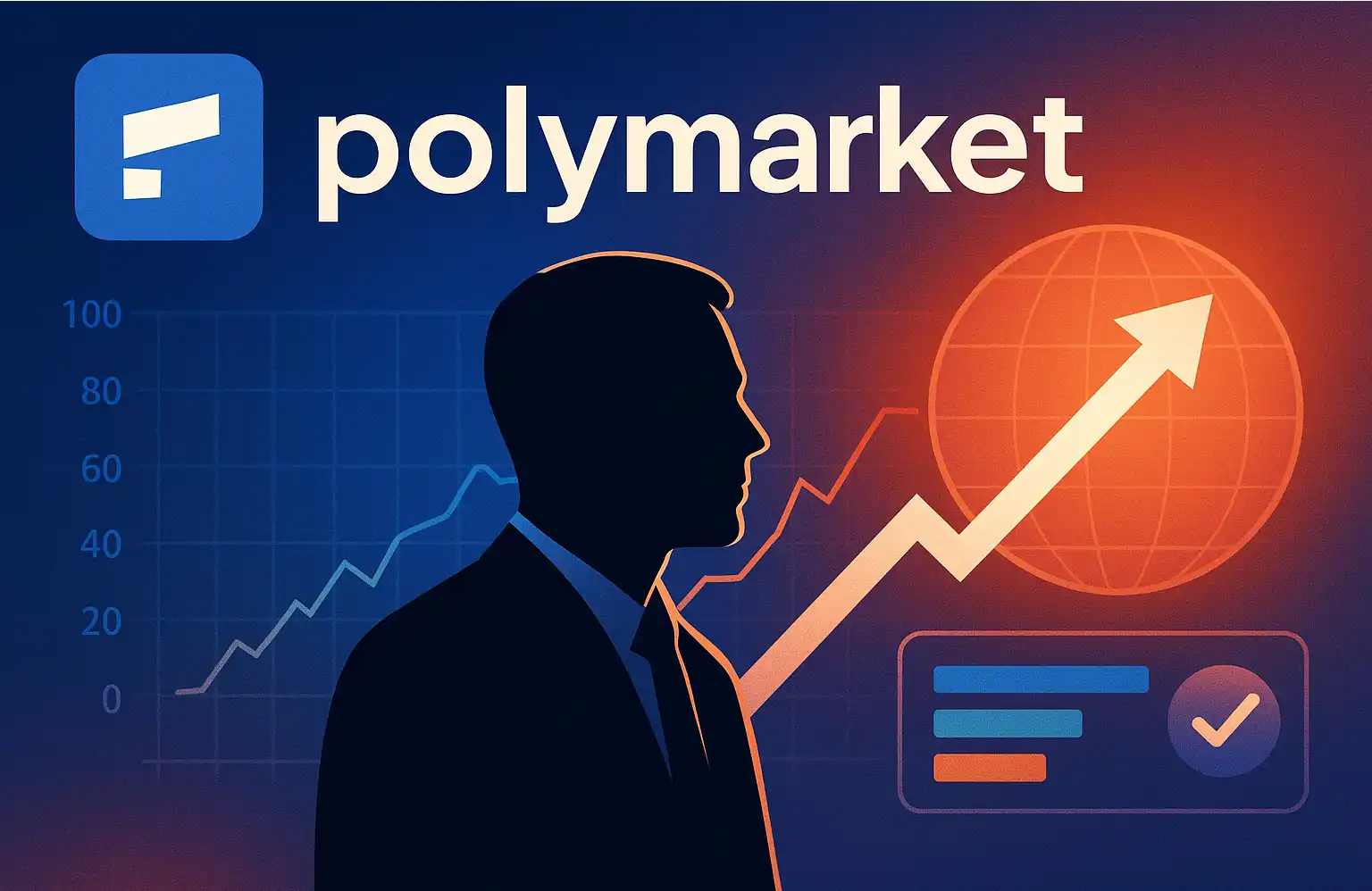Legal Regimes and the Hidden Value of Corporate Transparency: How French Civil Law Shapes ESG Investing and Global Equity Strategies
- French Civil Law (FCL) jurisdictions enhance investor trust through real-time transparency in ownership structures, reducing information asymmetry compared to Common Law (CL) self-reported disclosures. - FCL systems like Quebec’s REQ deliver higher-value, shorter disclosures via legal mandates, correlating with 15% lower equity volatility and stronger ESG scores for firms in these regimes. - ESG investors benefit from FCL’s ex-ante governance frameworks, which enforce stakeholder protections and align wi
In the high-stakes arena of global equity investing, the legal regime governing a company's operations often determines the quality of information available to investors. For ESG-focused and cross-border investors, the distinction between French Civil Law (FCL) and Common Law (CL) systems is not merely academic—it is a critical factor in risk assessment, valuation accuracy, and long-term portfolio resilience. Recent academic research and empirical data reveal that FCL jurisdictions, despite producing shorter disclosures, often deliver higher-value information through structural transparency, reshaping how investors evaluate firms like UXRP and others operating in multinational markets.
The FCL Advantage: Precision Over Prolixity
French Civil Law systems, exemplified by Quebec's Act Respecting the Legal Publicity of Enterprises (ARLPE), mandate real-time public registration of ultimate beneficial owners (UBOs) and enforce external verification of ownership structures. This creates a publicly accessible database—such as Quebec's REQ—that reduces information asymmetry and fosters investor trust. In contrast, Common Law jurisdictions like the U.S. and U.K. rely on self-reported disclosures, which are often opaque and subject to regulatory fragmentation.
A 2025 study by The British Accounting Review found that Quebec-based firms experience 15% lower equity volatility compared to their Common Law counterparts, underscoring the stabilizing effect of FCL transparency. For ESG investors, this translates to reduced uncertainty in assessing a company's governance practices. For example, FCL mandates for stakeholder protection and ex-ante regulation align closely with ESG criteria, making firms in these jurisdictions more attractive to sustainability-focused capital.
The Paradox of Shorter Disclosures
While Common Law firms often inundate investors with lengthy, self-justifying disclosures, FCL jurisdictions prioritize quality over quantity. A 2025 study on strategy and business model (SBM) disclosures in Canada found that Quebec-based firms, despite shorter reports, achieved a more pronounced reduction in information asymmetry. This is because FCL systems embed transparency into legal frameworks, reducing the need for verbose disclosures. For instance, Quebec's real-time UBO registration eliminates the need for firms to repeatedly explain ownership structures in annual reports.
This efficiency is particularly valuable for cross-border investors seeking to arbitrage regulatory differences. Consider the 2019 valuation crisis at Burford Capital (BTBT), a litigation finance firm operating in a Common Law jurisdiction. The lack of transparency in its asset valuations led to a 70% stock price collapse after a short-seller attack. In contrast, a similar firm operating under FCL would have faced real-time scrutiny of its ownership and asset bases, potentially mitigating such volatility.
ESG Implications: Legal Regimes as Governance Filters
Empirical research from 2010–2025 consistently shows that FCL jurisdictions produce higher ESG scores in financial firms. This is attributed to ex-ante regulations that mandate stakeholder protections, such as worker rights and environmental compliance, rather than relying on discretionary corporate governance. For example, French and German financial firms exhibit 20% higher ESG scores than U.S. peers, according to a 2025 study in The Journal of Financial Economics.
For ESG investors, this means that FCL firms like UXRP may offer more reliable sustainability metrics, even if their disclosures are shorter. The legal framework itself acts as a governance filter, ensuring that ESG commitments are not merely rhetorical but legally enforceable.
Strategic Recommendations for Investors
- Leverage FCL Public Registers: Investors should prioritize firms in jurisdictions with real-time UBO transparency, such as Quebec's REQ. These registers reduce the need for costly due diligence and provide early warnings of governance risks.
- Apply Valuation Discounts to CL Firms: Given the higher opacity in Common Law systems, investors should apply a 10–15% valuation discount to firms in these jurisdictions, particularly in sectors like litigation finance or private equity.
- Hedge with Gold or Defensive Sectors: During periods of regulatory uncertainty (e.g., the 2023 U.S. CTA invalidation), investors should hedge with gold ETFs or FCL-aligned sectors to mitigate informational asymmetry risks.
- Monitor Legal Reforms: Track developments like Quebec's Bill-96 or federal beneficial ownership registry proposals, which could further enhance transparency and investor confidence.
Conclusion: The Future of Global Equity Investing
As global markets increasingly prioritize governance and transparency, the legal regime of a firm's jurisdiction will become a key determinant of investment value. French Civil Law systems, with their emphasis on structural transparency and stakeholder protection, offer a compelling alternative to the opacity-driven norms of Common Law jurisdictions. For ESG-focused and cross-border investors, the lesson is clear: shorter disclosures can carry higher value when underpinned by robust legal frameworks. In an era of regulatory arbitrage, the ability to discern the quality of information—rather than its quantity—will separate successful investors from the rest.
Disclaimer: The content of this article solely reflects the author's opinion and does not represent the platform in any capacity. This article is not intended to serve as a reference for making investment decisions.
You may also like
Is Bitcoin’s security budget in jeopardy?

Market "Discount Season": What Are the Whales Accumulating?

Google executive makes millions of dollars overnight through insider trading
Insider addresses manipulated Google's algorithm by referencing prediction market odds.

Stablecoins in 2025: You Are in Dream of the Red Chamber, I Am in Journey to the West
But in the end, we may all arrive at the same destination through different paths.
